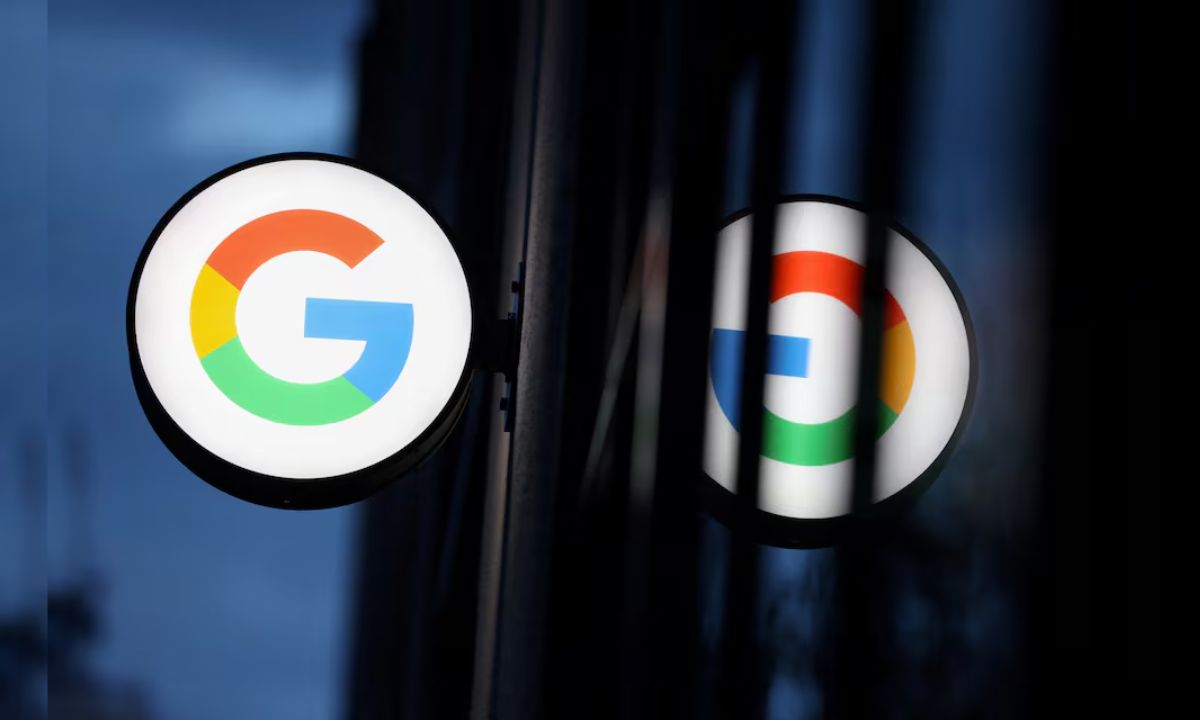Google has decided to end its diversity targets, which aimed to increase the representation of underrepresented groups in leadership positions by 30% by 2025. This move comes after growing legal challenges related to diversity initiatives in the United States.
The company’s decision is part of a larger pattern where businesses are stepping back from their diversity, equity, and inclusion (DEI) programs. A major reason for this shift is the 2023 US Supreme Court ruling, which declared that considering race in university admissions was unconstitutional. This ruling has led many organizations to rethink their diversity policies, fearing that similar legal challenges could arise in the workplace.
Google isn’t the only company scaling back its DEI efforts. Big names like Meta, Walmart, Amazon, and McDonald’s have also adjusted or reduced their diversity targets in response to these legal pressures. These companies are now focusing on diversity strategies that do not involve setting specific targets for race or ethnicity, instead emphasizing a more general approach to inclusion.
Critics of diversity programs argue that these initiatives can lead to reverse discrimination or force companies to make decisions based on race rather than qualifications. On the other hand, supporters of diversity efforts say these programs are necessary to correct historical inequalities and provide equal opportunities to all groups.
As companies like Google adjust their DEI strategies, the future of diversity programs in the workplace remains uncertain. While some companies continue to prioritize diversity, others are shifting away from it to avoid legal risks, leaving many to question how these changes will impact equality in the workplace.






